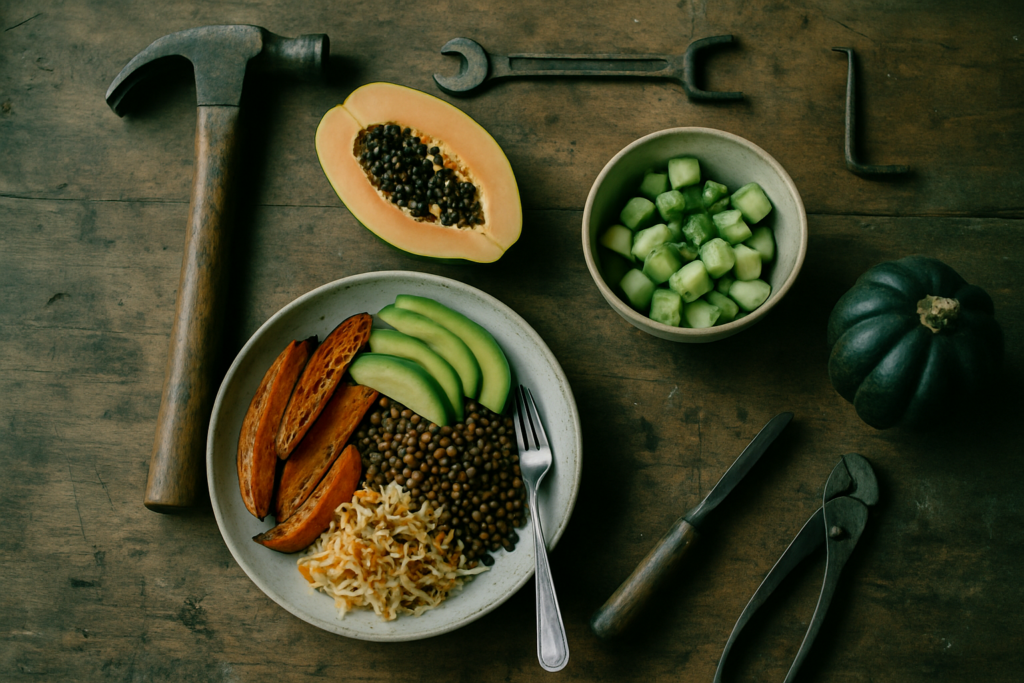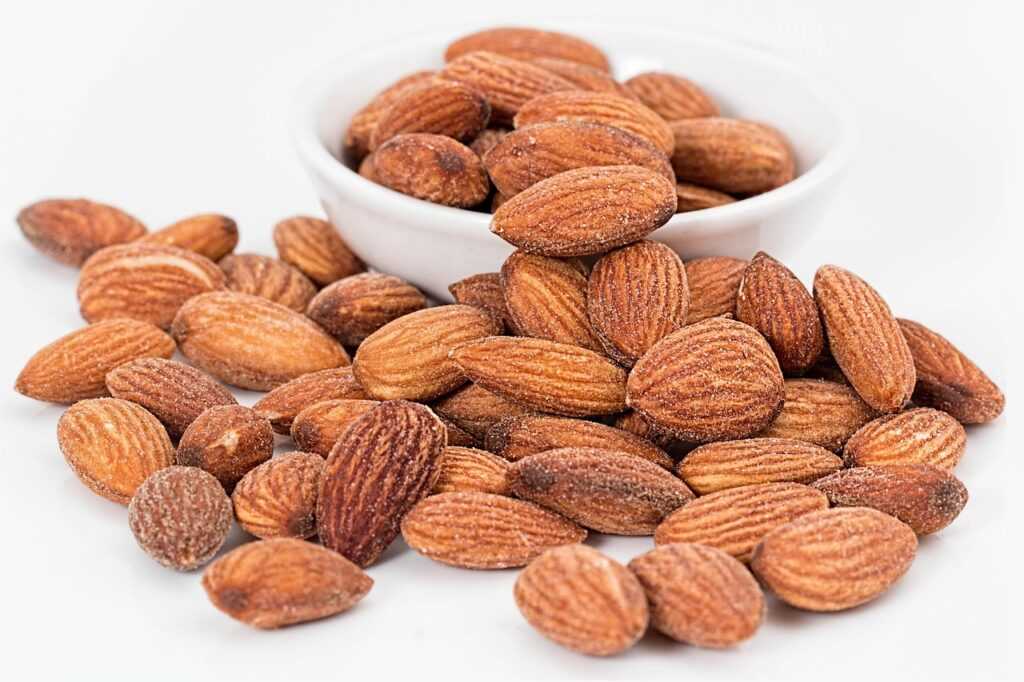Why Superfoods Matter for Kids
Feeding kids isn’t just about filling their stomachs it’s about packing meals with as much nutritional value as possible. That’s where superfoods make a difference. With nutrient dense options, every bite carries more vitamins, minerals, and healthy energy, which is crucial when you’re dealing with small appetites and picky preferences.
Growing bodies and developing brains need steady support. Nutrients like omega 3s, iron, protein, and antioxidants don’t just help kids grow they also power attention, memory, and energy levels. And when the right foods show up regularly on the plate, it can mean fewer sick days, better immunity, and more consistency without needing a medicine cabinet full of supplements.
It’s not about chasing trends it’s about building simple, daily wins that work. Want to go deeper on this? Take a look at Immunity Through Nutrition.
Blueberries
Tiny but mighty, blueberries are antioxidant powerhouses. They help fight cell damage and support brain function key benefits when you’re raising growing minds and bodies. The best part? They’re ridiculously easy to work into any daily routine. Throw a handful into morning yogurt, blend them into a smoothie, or drop them into muffin batter for a naturally sweet upgrade. No bribing, no fuss just a simple win.
Greek Yogurt
Greek yogurt pulls double duty when it comes to kid nutrition. It’s high in calcium, which is key for growing bones and teeth, and it’s packed with protein important fuel for building muscle and keeping kids full longer. But the real bonus? Probiotics. These gut friendly bacteria support digestion and help strengthen immune systems, making it easier for kids to stay healthy through the ups and downs of school seasons.
Versatile and easy to use, Greek yogurt can be sweet or savory. Mix it with fruit and a drizzle of honey for a breakfast bowl, blend it into smoothies, or use it as a base for dips. It’s one of the rare foods that hits the nutrition checklist without a daily mealtime battle.
Sweet Potatoes
Sweet potatoes earn a top spot on the kid friendly superfood list for their natural appeal and powerful nutrition profile.
Why They’re Great for Kids
Beta carotene boost: Sweet potatoes are rich in beta carotene, an antioxidant that the body converts into vitamin A essential for healthy vision, skin, and immune function.
Kid approved taste: Their mild, naturally sweet flavor makes them an easy sell to picky eaters.
Easy Ways to Serve
Baked: Slice into wedges and bake as a healthier alternative to fries.
Mashed: Blend with a touch of cinnamon or a drizzle of olive oil for added flavor.
Air fried: Quick, crispy, and fun to dip perfect for lunchboxes or snacks.
Incorporating sweet potatoes into meals offers both flavor and function. They’re a versatile, nutrient packed option that can be customized to suit your child’s taste.
Spinach
Spinach packs more nutritional punch than its humble look suggests. It’s loaded with iron, which helps deliver oxygen through the blood, and fiber, which keeps digestion on track. For picky eaters, the magic is in how stealthy it can be. Wilted into pasta sauce, folded into an omelet, or blended into smoothies spinach disappears in taste but leaves its nutrients behind. Even a handful goes a long way.
Keep a bag of frozen spinach on hand. It’s pre washed, already chopped, and easy to toss in at the last minute. An effortless win for everyday meals.
Eggs
Eggs pack a lot into a small package. They’re one of the few complete proteins out there, which means they deliver all nine essential amino acids your kid’s body can’t make on its own. This matters for everything from muscle growth to immune function. On top of that, eggs are rich in choline a nutrient that supports memory, focus, and overall brain development.
Scrambled, boiled, or folded into a pancake mix, eggs are versatile, quick to cook, and easy to sneak into almost any meal. For busy mornings or post school snacks, they pull more than their weight.
Salmon

If you’re looking for a nutritional powerhouse that doesn’t cause a dinnertime meltdown, salmon’s a solid go to. It’s packed with omega 3 fatty acids, which play a key role in brain development especially during the early years when kids’ brains are firing on all cylinders. Omega 3s aren’t produced naturally by the body, so getting them from food is a must.
The best part? Salmon doesn’t have to taste fishy. When baked simply or flaked into pasta with a light cream sauce, most kids don’t blink. It builds brainpower quietly and without a fight at the dinner table.
Oats
Oats are the kind of old school staple that still earns a gold star. They’re loaded with complex carbohydrates, which means steady energy instead of sugar crashes. That’s great for kids who need fuel that lasts through school, sports, and everything in between.
The other reason oats are a go to? They’re a blank canvas. Mix in chia seeds, flax, diced fruit, or even a swirl of nut butter suddenly, breakfast isn’t just easy, it’s a nutrient bomb. Whether it’s warm oatmeal, overnight oats, or oat based muffins, this one’s easy to customize and hard to mess up.
Avocado
Avocados are a simple, no drama superfood. They’re rich in healthy fats and fiber, both crucial for growing bodies and steady energy. Plus, their creamy texture makes them easy to work with and even easier to enjoy.
Smash them onto whole grain toast for a quick breakfast or snack. Mix them into dips like guacamole or blend into smoothies for extra creaminess without overpowering the flavor. They also pair well with eggs, beans, and wraps basically, anything that needs a nutrition boost and a smooth finish.
Broccoli
Broccoli pulls more weight than most veggies on a kid’s plate. It’s packed with vitamins C and K, plus folate nutrients that support immune health, bone growth, and cell development. It’s a nutritional powerhouse, even in a small serving.
The trick is in the prep. Steaming keeps the crunch while softening the taste, roasting brings out a nutty flavor, and fun dips like hummus or yogurt based dressings help it go down without a fuss. Keep it simple, keep it crisp, and broccoli becomes less of a battle.
Apples
Apples are the classic grab and go snack for good reason. They’re packed with fiber, which helps keep kids full longer and supports smooth digestion. The natural sugars in apples are slowed down by all that fiber, meaning no wild sugar spikes. Just clean energy, delivered steadily.
They’re also versatile. Slice one up and serve with nut butter for protein and healthy fats. Or dice some into yogurt for crunch and sweetness. No prep really needed just rinse and toss one into a lunchbox. Simple, effective, and always kid approved.
How to Make It Stick
Building long term healthy eating habits in kids doesn’t happen overnight. The good news? You don’t need to be perfect you just need a plan that works for your family. Here’s how to make superfoods a regular part of your child’s diet without stress or pressure.
Keep It Kid Friendly
Superfoods are only helpful if your kid actually eats them. Presentation and preparation can make all the difference.
Serve foods in fun shapes or colorful formats (think rainbow plates)
Use small portions to avoid overwhelming picky eaters
Let kids help with prep they’re more likely to try what they help make
Combine the Familiar with the New
Introducing new foods doesn’t mean throwing out old favorites. Blending the two can boost success.
Pair well loved snacks (like toast or pasta) with nutrient rich toppings like avocado or spinach
Add blueberries or oats to familiar breakfast items like pancakes
Stir chopped superfoods into sauces, soups, or batters
Focus on Habits, Not Perfection
It’s not about one perfect meal it’s about consistency. Healthy habits come from repeated exposure and flexible routines.
Aim for balance over rigid rules
Don’t stress if dinner isn’t perfect just keep offering the good stuff
Celebrate small wins, like trying a new veggie or helping in the kitchen
Learn More
For more on how nutrition supports immunity and everyday health, check out this helpful resource:
Boosting Immunity Through Nutrition: Essential Tips for Parents

 Cynthian Holleyori is a skilled article writer who has been integral to the development of Toddler Health Roll. Her deep understanding of child health and development is evident in her well-researched and practical articles, which provide parents with essential guidance on raising healthy toddlers. Cynthian's contributions have significantly shaped the platform, ensuring that it addresses the most pressing concerns of parents and caregivers.
Beyond her expertise in toddler health and nutrition, Cynthian also delves into the mental and emotional well-being of young children. She offers valuable parenting strategies that help families foster a nurturing and supportive environment for their toddlers. Her dedication to building Toddler Health Roll has made it a trusted and comprehensive resource for parents committed to their children's growth and happiness.
Cynthian Holleyori is a skilled article writer who has been integral to the development of Toddler Health Roll. Her deep understanding of child health and development is evident in her well-researched and practical articles, which provide parents with essential guidance on raising healthy toddlers. Cynthian's contributions have significantly shaped the platform, ensuring that it addresses the most pressing concerns of parents and caregivers.
Beyond her expertise in toddler health and nutrition, Cynthian also delves into the mental and emotional well-being of young children. She offers valuable parenting strategies that help families foster a nurturing and supportive environment for their toddlers. Her dedication to building Toddler Health Roll has made it a trusted and comprehensive resource for parents committed to their children's growth and happiness.
